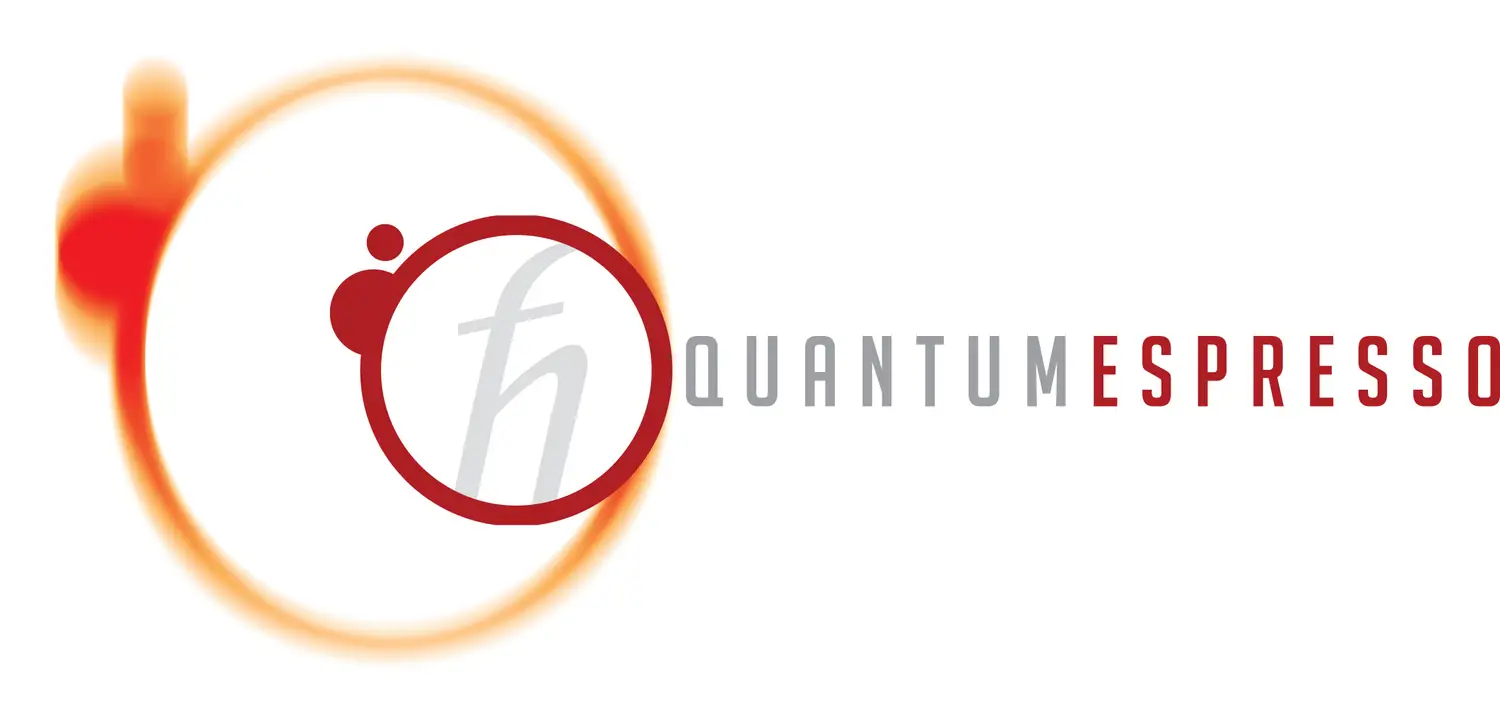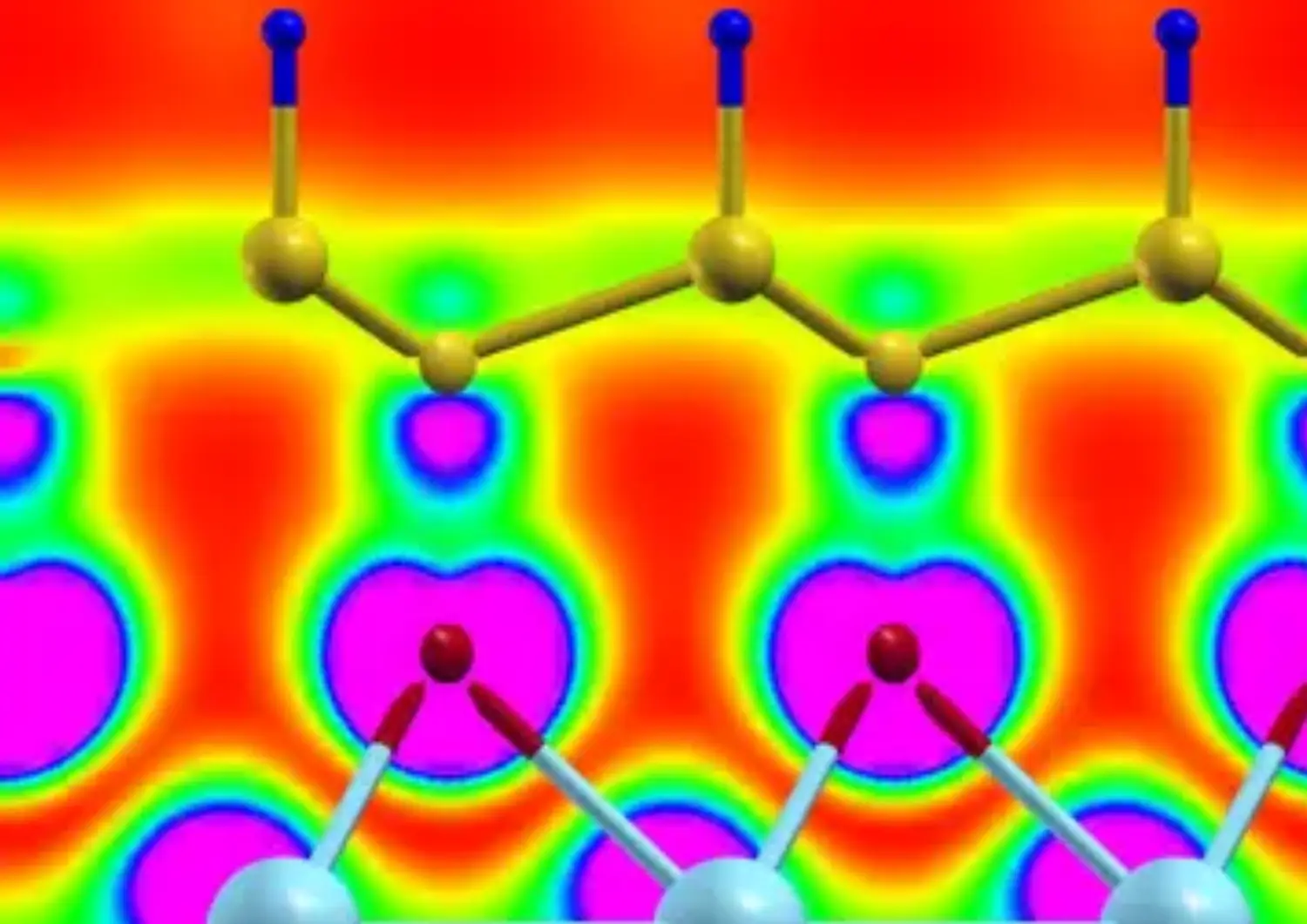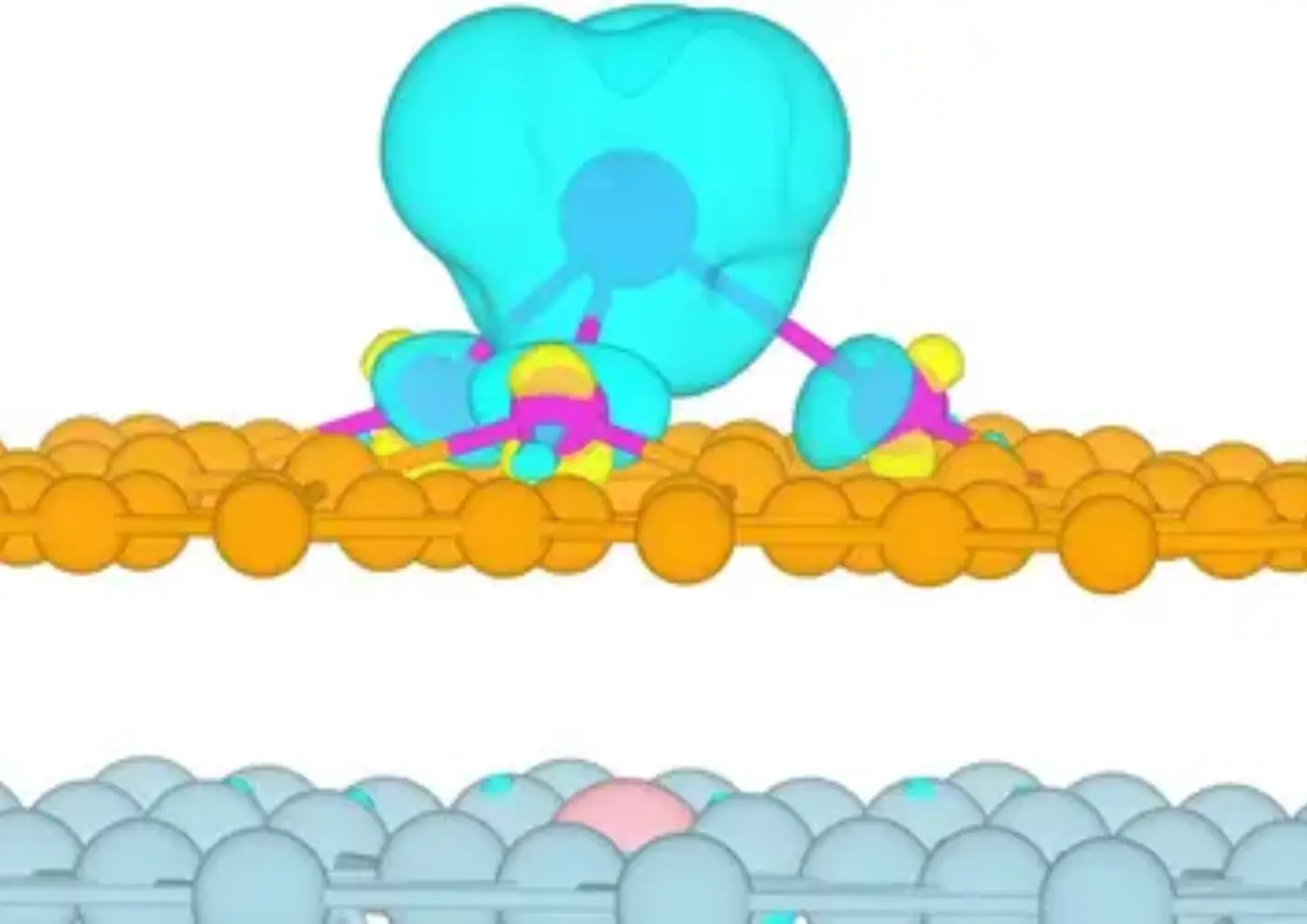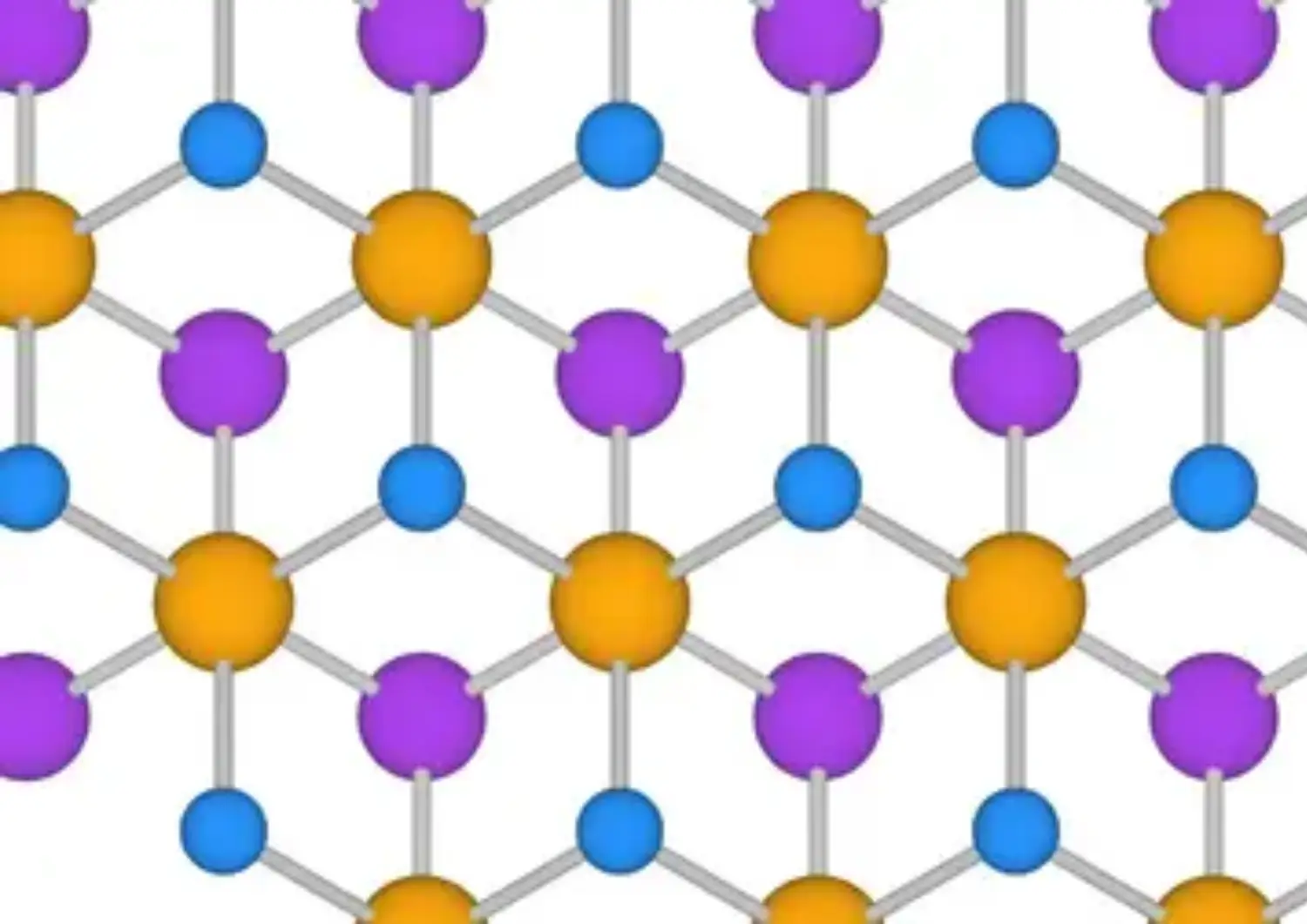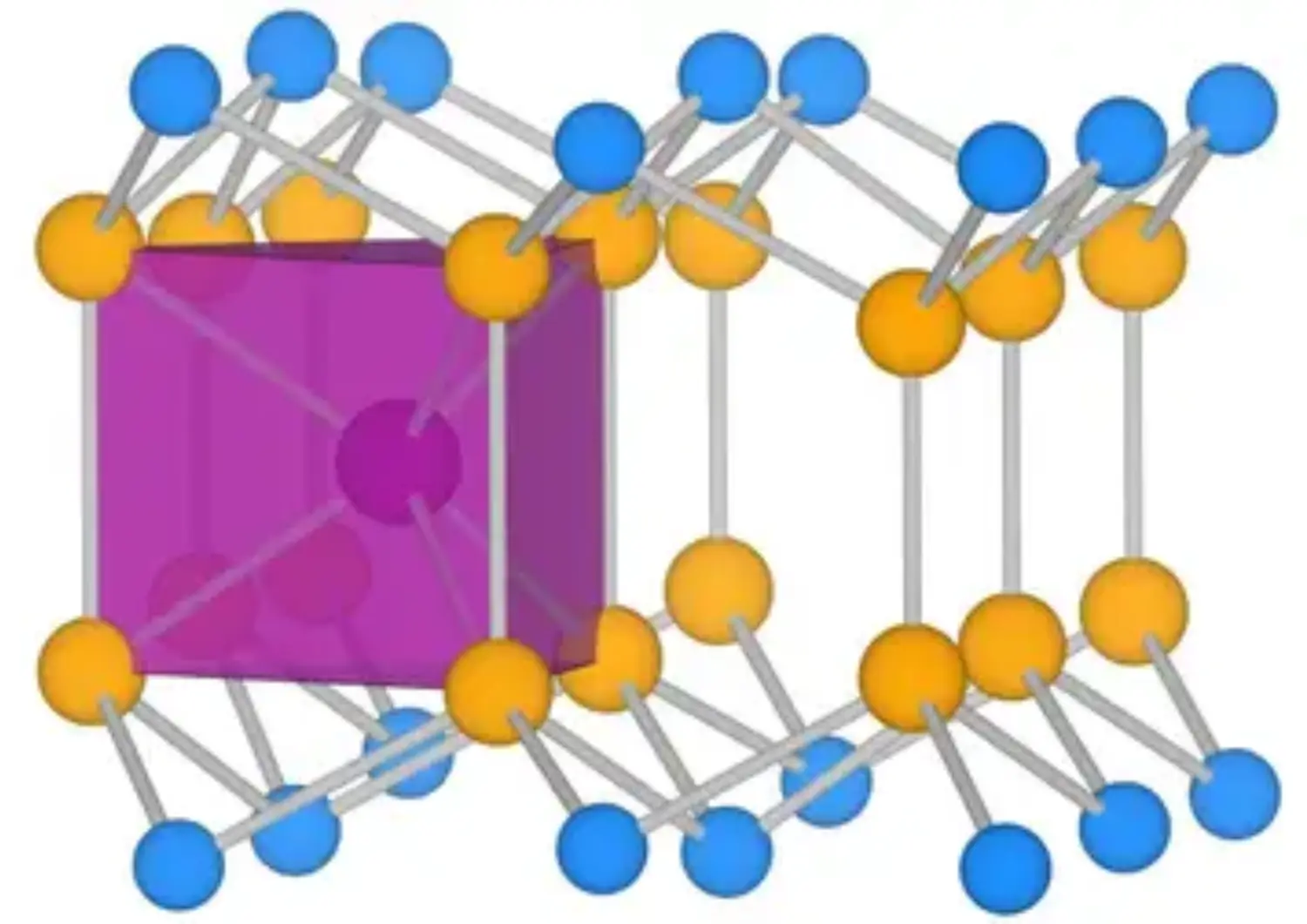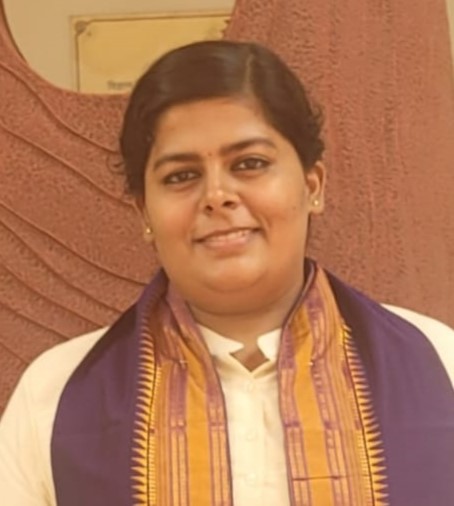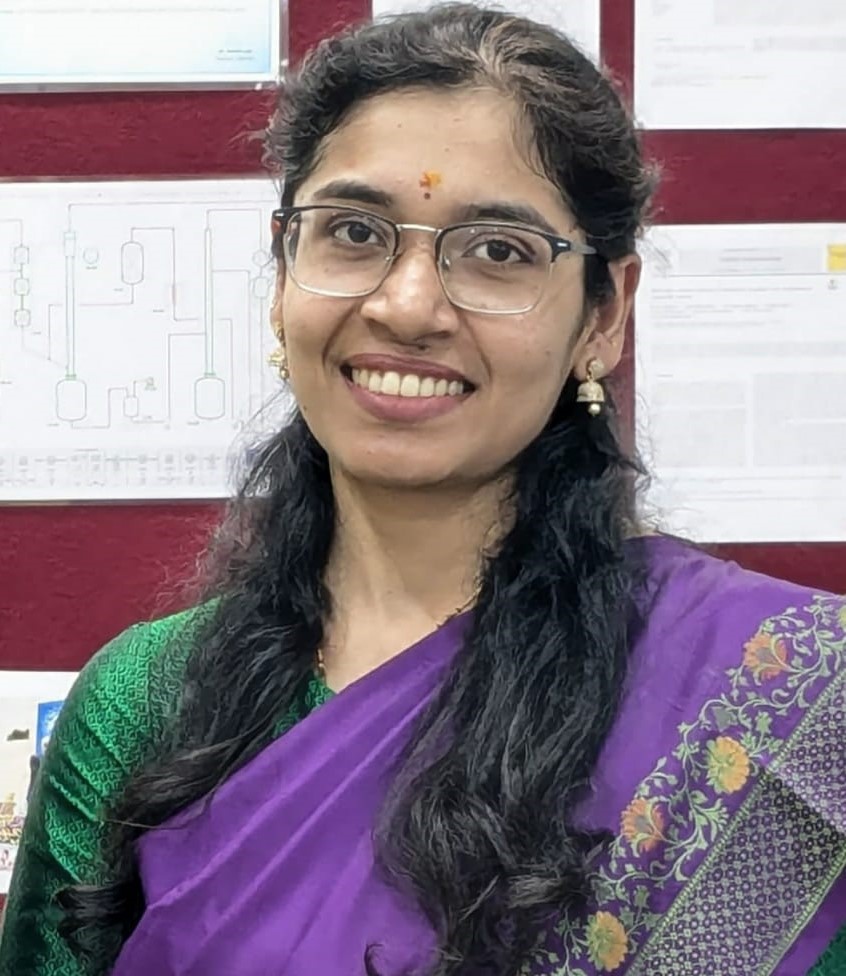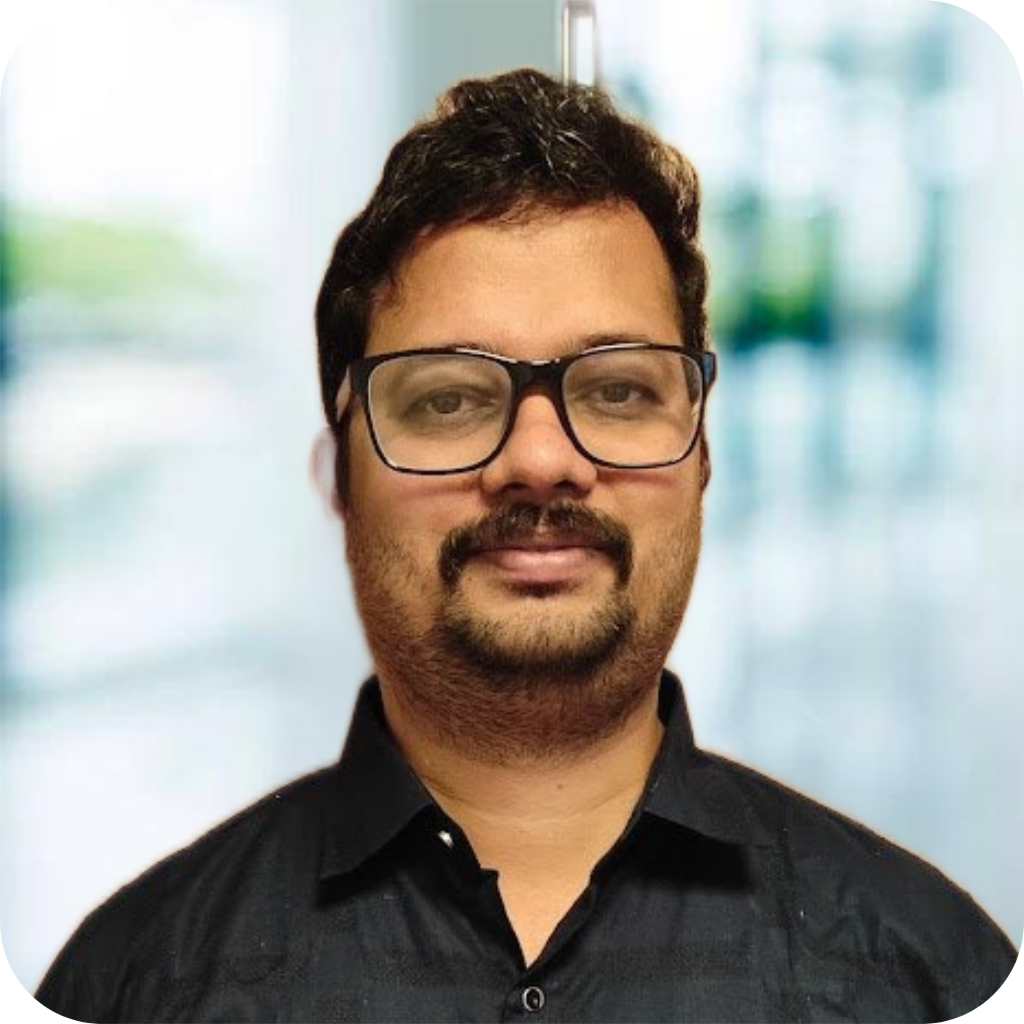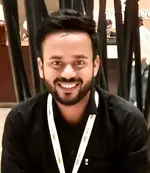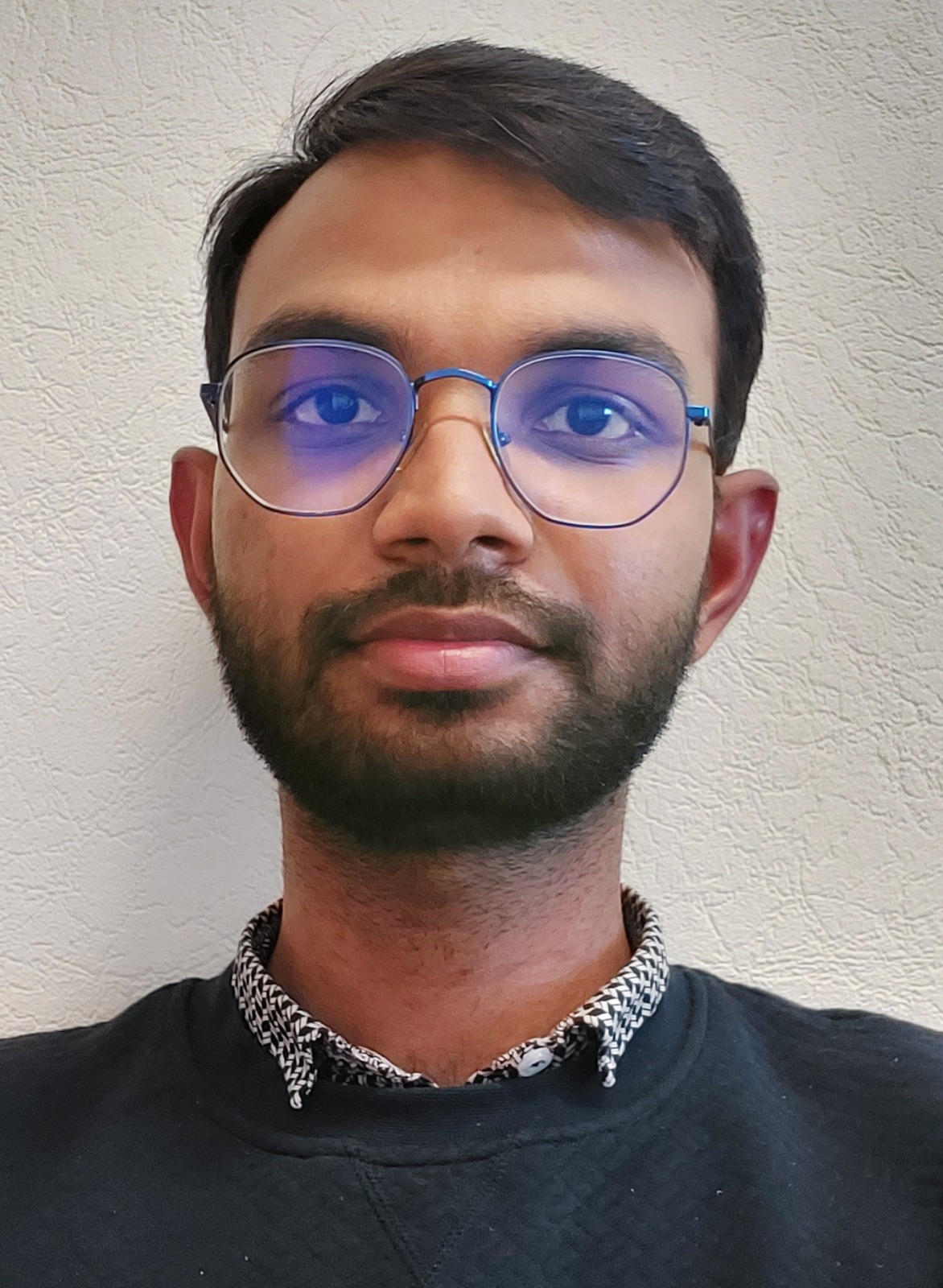Our workshops have been embraced by researchers from the world's top research institutes.
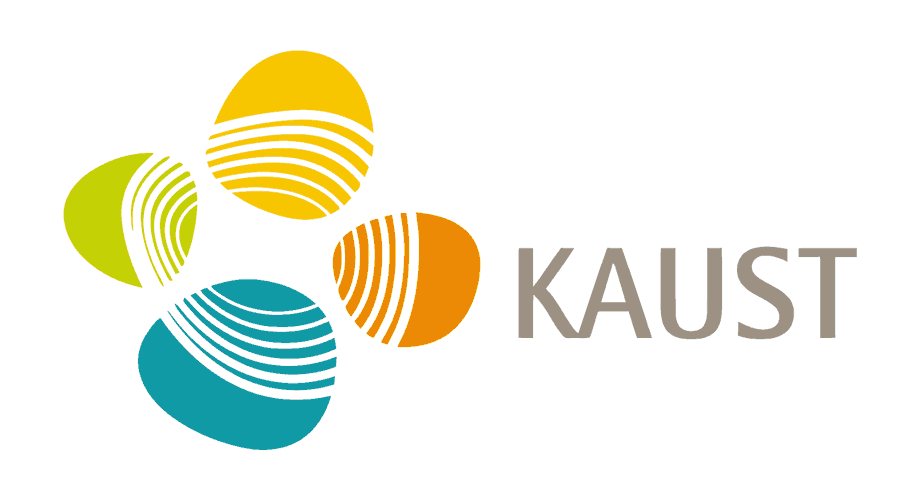
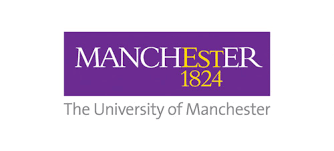

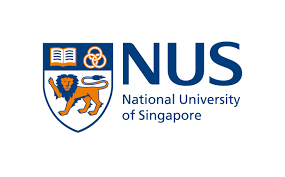

7-day online workshop
You'll master everything from Virtual Machine setup and fundamental Electronic Structure calculations to cutting-edge techniques in Ab Initio Molecular Dynamics (AIMD) and integrating Machine Learning (ML) in DFT for property prediction and accelerated materials discovery. Gain the practical skills needed to run, analyze, and interpret complex simulations and elevate your computational materials science expertise.
Limited seats only!
Introduction to the virtual machine environment and troubleshooting common VM-related errors and glitches | Step-by-step installation of Quantum ESPRESSO | Intro to Tools for ML: Python, Jupyter Notebook and essential libraries
Creating input files for Self-Consistent Field (SCF) calculations | Running non-self-consistent field calculations for electronic structure analysis | Setting up k-point paths for band structure calculations and extracting and visualizing band structure using plotting tools
Dive into the theoretical foundations of phonons | Compute phonon dispersion for a bulk system starting from geometry optimization | Perform geometry optimization and determine phonon density of states (DOS) for an aperiodic
Explore the theoretical principles of Nudged Elastic Band (NEB) calculations | Learn to prepare input files, ensure convergence and interpret results effectively | Gain hands-on experience with examples: H₂ transfer in the gas phase and H₂ dissociation on a surface
Understand the fundamentals of Ab Initio Molecular Dynamics (AIMD) | Work with both Born–Oppenheimer (BOMD) and Car–Parrinello (CPMD) approaches | Understand different statistical ensembles such as NVE, NVT, and NPT | Use water and silicon examples for setting up, running, and analyzing AIMD simulations
Learn the basics of time-dependent Kohn–Sham equations in TDDFT | Explore key methods for excited-state calculations | Compute the TDDFT absorption spectrum of benzene in the gas phase
Employ machine learning to accelerate materials discovery through property prediction from
databases | Combine ML with DFT to uncover patterns and build predictive models | Use simple workflows to turn raw data into meaningful insights
I am extremely grateful for the session; I was looking for this kind of community where students can become teachers and learn from each other. I tried to learn Quantum espresso by myself, but there was no one to help. And I was new to the world of Linux and density functional theory. I struggled a lot and was not able to grow much in this direction. I am very thankful to everyone for making this kind of forum. Everything was good. The best part is everyone was trying to help and learn. Thank you so much!
It was a wonderful learning experience for me to get myself enrolled in this one-week online Workshop on Quantum Espresso. All the tutors did their best to make the topics understandable in a very easy manner. Particularly, I enjoyed learning the different plotting tricks of Xmgrace and Gnuplot software.
Dr. Aswathi Mohan T
Dr. Aswathi Mohan T is a distinguished computational materials scientist with over 9 years of experience in utilizing advanced molecular simulations for material discovery. Her expertise lies in applying density functional theory (DFT) to design novel catalytic materials and predict complex reaction pathways. Dr. Mohan completed her Ph.D. at IISER Pune, where she was an INSPIRE Fellow, and holds a BS-MS degree from IISER Thiruvananthapuram, having received the prestigious INSPIRE scholarship. Throughout her career, she has engaged in numerous interdisciplinary collaborations, contributing to a substantial body of work that includes high-impact publications, poster presentations, and invited oral talks.
Dr. Niharika Joshi
Dr. Niharika Joshi works in the field of computational material with expertise in investigating magnetic systems. She received her doctorate degree from IISER Pune in 2021. Her main research area during her Ph. D tenure was layered materials and their interfaces with transition metal surfaces with a focus on spintronic/magnetic storage devices using computational tools based on density functional theory. In 2021 she joined CSIR-National Chemical Laboratory where her computational studies explored the catalytic behavior of complex mixed metal oxide surfaces for conversion of methane. Here, she received the National Post-Doctoral Fellowship and is currently pursuing her research work in heterogeneous catalysis. In her 13 years of research career, she has presented her work through poster and oral talks at various conferences, conducted workshops on computational tools, and published in distinguished international journals.
Dr. Subrahmanyam Sappati
Dr. Subrahmanyam Sappati has been a tenure-track faculty member at the Department of Physical Chemistry, Gdańsk University of Technology, Poland, since 2021.
His interdisciplinary research integrates biophysics, chemistry, and materials science, with a focus on molecular dynamics, proton transfer, and drug development. He has made notable contributions to understanding hydrogen bonding in antitubercular drugs, fluorescence dynamics in biomolecular complexes, and the development of carbon-dot-based sensors.
Currently, he leads a project investigating the structural specificities of fungal and human topoisomerase II to guide drug design. Earlier, he examined hydrogen bonding in the antitubercular drug bedaquiline and studied membrane dynamics at the Raman Research Institute (2020-2021).
In his first postdoctoral position (2019-2020) at IISER Thiruvananthapuram, he focused on force-field parameterization. Dr. Sappati earned his Ph.D. from IISER Pune in 2019, where he explored nuclear quantum effects in cancer inhibitors and Descriptors for Predicting Efficient Dye-sensitized Semiconductor Photocatalysts for Hydrogen Evolution Reaction.
With years of experience in quantum chemistry and electronic structure calculations, his courses deliver profound insights and unmatched expertise.
Dr. Sai Raj Ali
Dr Sai Raj Ali recently completed his PhD in Physics from Jamia Millia Islamia University, Delhi, with a focus on nanostructured materials and their catalytic properties. His research combines experimental synthesis of 2D materials and quantum dots with advanced density functional theory (DFT) simulations. He has hands-on experience with tools like Quantum ESPRESSO, AIMD, and COHP analysis, as well as scripting in Python and scientific visualisation.
Dr Sai has served as a Teaching Assistant in several international workshops and schools on electronic structure calculations and molecular dynamics, contributing to training and mentoring early-career researchers. He is currently expanding his expertise into data science and machine learning to develop interdisciplinary solutions in materials research.
Dr. Amit Sahu
Dr. Amit Sahu is an expert in multi-scale modeling for catalysis and electrocatalysis, with over eight years of experience using density functional theory (DFT). He earned his BS-MS from IISER Pune as an INSPIRE Fellow and completed his PhD at ENS de Lyon, France.
Currently, he is a postdoctoral researcher at Aix-Marseille University, France. Dr. Sahu has published extensively in high-impact journals and presented his work at several international conferences. He also served as a visiting researcher at the University of Ulm, Germany. His research focuses on understanding and designing catalytic systems/ electrode materials at the atomic scale to advance energy and sustainability solutions.
Yes! Once you submit your projects, you will receive certification for this workshop
Receive a certificate signed by the instructor and bearing the logo of the institution to validate your accomplishments and improve your career prospects.
Include the certificate in your CV or resume, or post it on LinkedIn. You may even share it on social media sites like Instagram and Twitter.
Use your certificate to boost your professional credibility and set yourself apart from the crowd!
Basic understanding of quantum mechanics, solid-state chemistry and physics, and Linux terminal usage is recommended.
